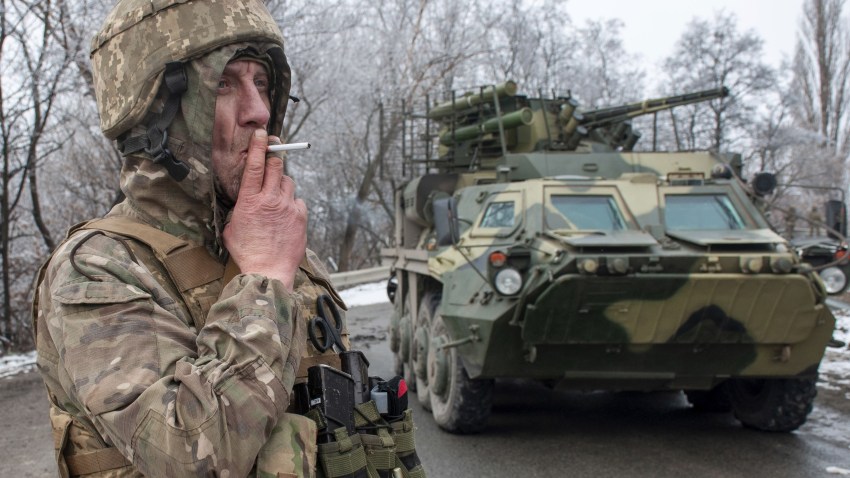A recent investigative report by Reuters detailed the close ties between Philip Morris International and Igor Kesaev, the founder and until recently board chairman of Russia’s largest cigarette distributor, TC Megapolis. Relationships between Big Tobacco companies and wholesale distributors tend to raise eyebrows in the industry-watching community, given their long history of involvement in smuggling. But what sparked Reuters’ interest in Kesaev is that he also happens to own a company that produces arms for the Russian military, for which he was sanctioned by the European Union on April 8 and the United Kingdom on April 13.
That, too, is no anomaly. In fact, the links between Kesaev and Philip Morris International, or PMI, highlight Big Tobacco’s historical practices in fragile states, transitional societies and conflict zones—including partnering with shady figures and using the illicit tobacco trade to expand their market share.
Big Tobacco has gone to great lengths in recent years to portray themselves as responsible stakeholders, “behaving ethically in all we do,” and to highlight their partnerships with national governments, intergovernmental organizations and other reputable organizations worldwide to tackle the illicit tobacco trade. But the sharp contrast between the industry’s public messaging and internal practices is part of a long-established global pattern that has been on full display since Russia’s invasion of Ukraine.

